Lebanon: 28 killed, scores injured in fuel tanker explosion
The Lebanese Health Ministry says the death toll from a fuel tank explosion in the northern region of Akkar has risen up to 28.
Scores more were injured or suffered burns in the blast, the ministry said Sunday.
The ministry’s advisor Reda Moussawi told AFP news agency that at least 28 people were killed in the calamity, which struck in the village of Talil early Sunday.
Lebanon's Red Cross had initially put the toll at 20 killed and 79 injured.
Military and security sources said that the army had seized a fuel storage tank hidden by black marketers, and was handing out gasoline to residents when the explosion occurred just before 2:00 a.m. local time (2300 GMT Saturday).
Army and security forces personnel were among the casualties, sources said.
Videos from the blast circulating on social media showed a large fire at the blast site.
“Look at how the people are burning,” a man can be heard saying in one video shared by a local news outlet.
Accounts varied as to what caused the explosion.
“There was a rush of people, and arguments between some of them led to gunfire which hit the tank of gasoline and so it exploded,” said a security source on condition of anonymity.
Local al-Jadeed television network reported from eyewitnesses that it was caused by a person who ignited a lighter.
Abdelrahman, whose face and body was covered in gauze as he laid at al-Salam hospital in the northern city of Tripoli, was one of those in line to get gasoline.
“There were hundreds gathered there, right next to the tank, and God only knows what happened to them,” he said.
Local MTV Lebanon television network said there were around 200 people in the area when the blast happened.
Caretaker Health Minister Hamad Hassan has reportedly urged hospitals in the capital Beirut to receive some of the injured.
The Akkar explosion comes less than two weeks after Lebanon marked the first anniversary of a massive blast at the Beirut port last summer.
The August 2020 explosion killed more than 200 people, wounded thousands and flattened several neighborhoods in the Lebanese capital.
It was caused by the ignition of tons of highly explosive ammonium nitrate, stored in a port warehouse filled with other hazardous material since 2014.
Rights groups and families of victims accuse officials of obstructing the probe into the explosion, which has so far failed to hold high-level officials to account or reveal the exact causes of the disaster.
Officials have so far rejected lead investigator Judge Tarek Bitar’s requests to lift the immunity of several high-ranking lawmakers and security chiefs so they can be questioned on the suspicion of criminal negligence, as well as homicide with probable intent.
Lebanon has been mired since late 2019 in a deep economic and financial crisis, exacerbated by a political deadlock.
The economic and financial crisis is the gravest threat to the country’s stability since the 15-year civil war ended in 1990.
The crisis is mostly linked to the sanctions that the United States and its allies have imposed on Lebanon as well as foreign intervention in the Arab nation’s domestic affairs.
According to Hicham Safieddine, a lecturer on the history of the modern Middle East at King’s College London, US sanctions on Lebanon “have seriously undermined the stability of the banking sector by creating a chilling effect, and reduced the inflow of foreign capital."
Palestinian media rights group condemns killing of two journalists by Israel
VIDEO | A Tale of Bombs, Blame, and Bedtime Stories
Nov. 1: ‘Axis of Resistance’ operations against Israeli occupation
Brazilian journo fined, ordered to delete posts over criticizing Gaza onslaught
IRGC: Israeli regime incapable of calculating Iran’s decisive response
Russia rejects 'baseless' US claims of producing fake vote videos
Ambassador: Japan studying recognition of State of Palestine
VIDEO | Press TV's News Headlines


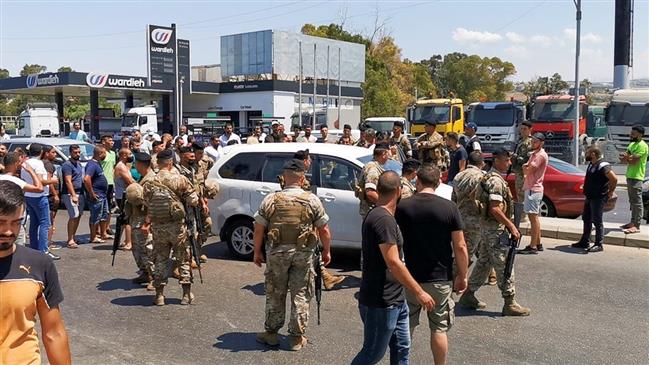
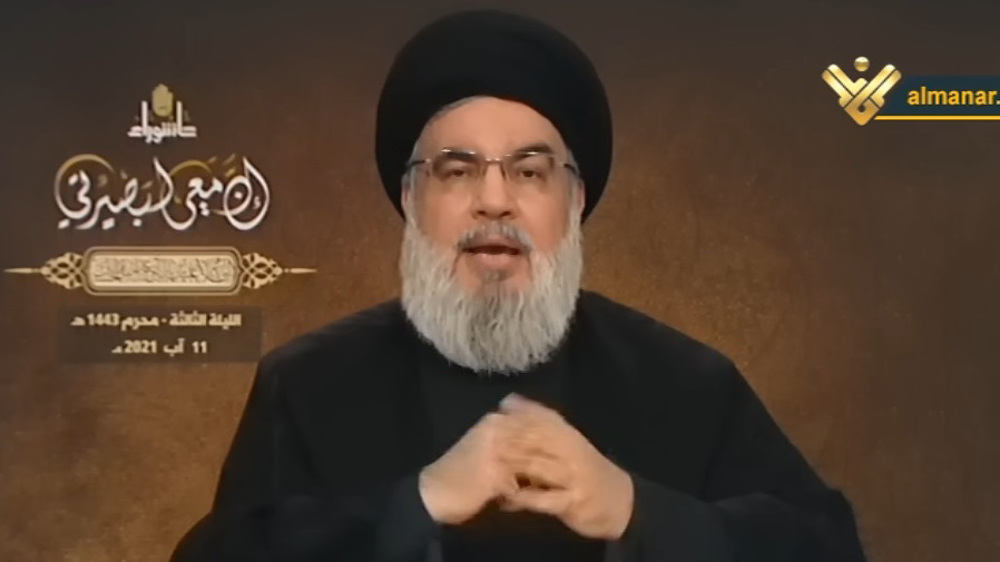
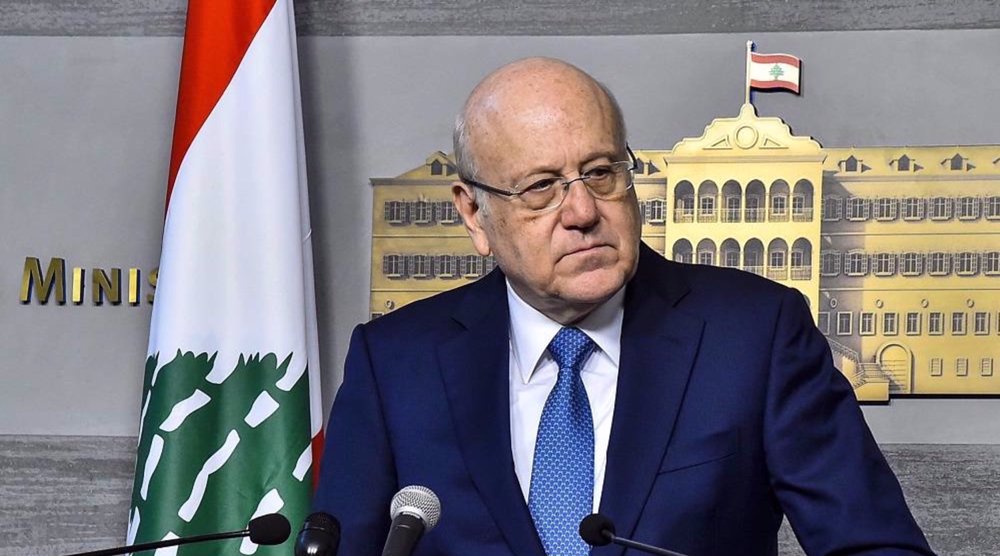
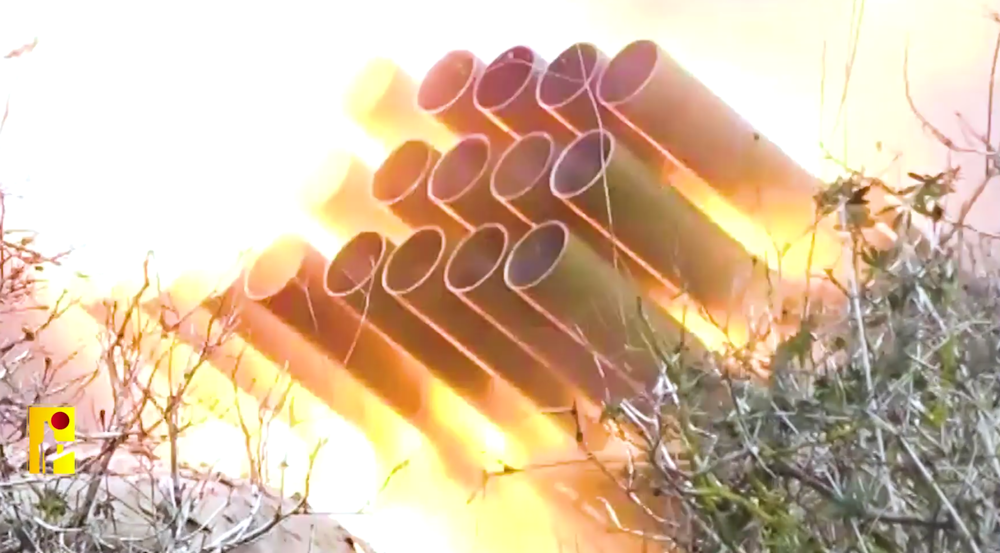
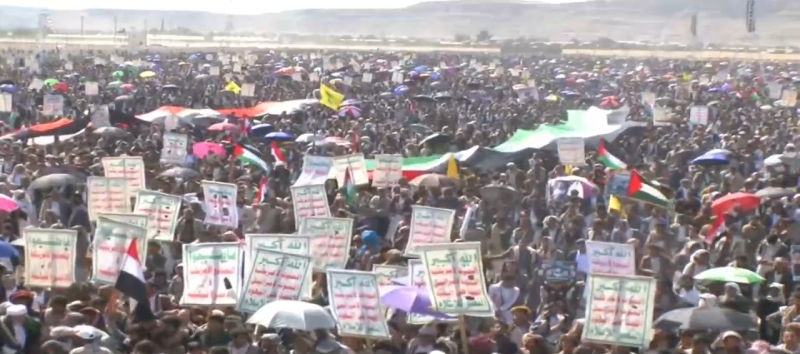



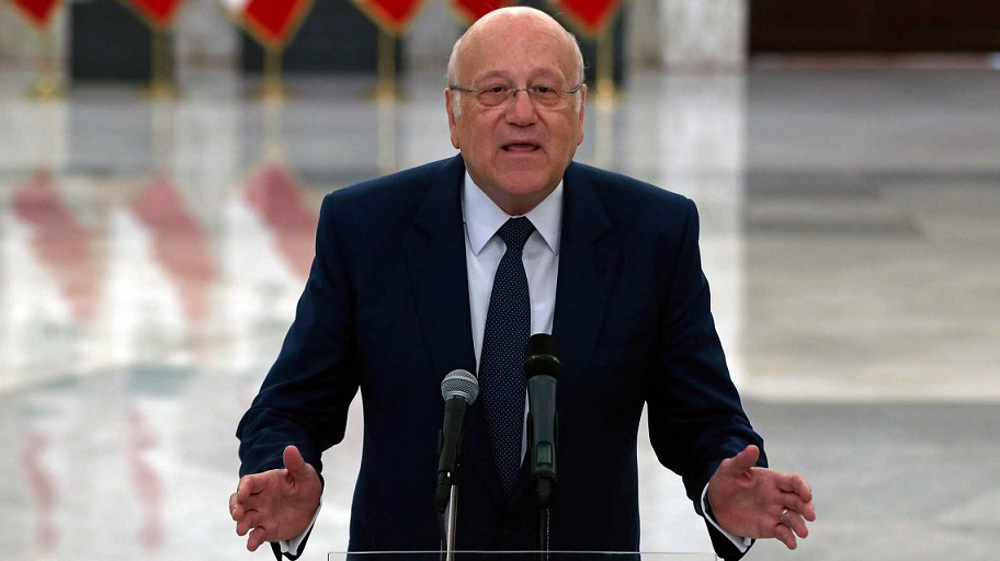
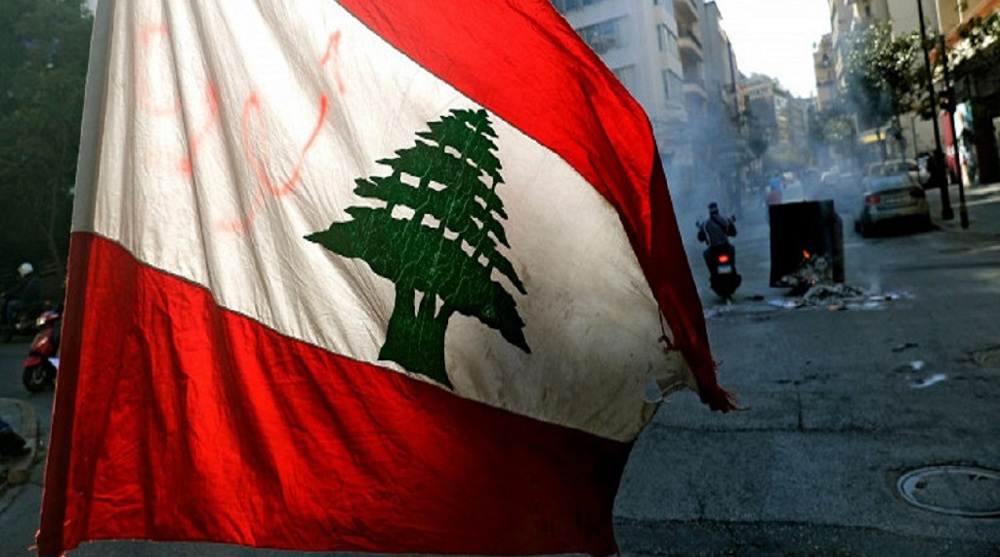
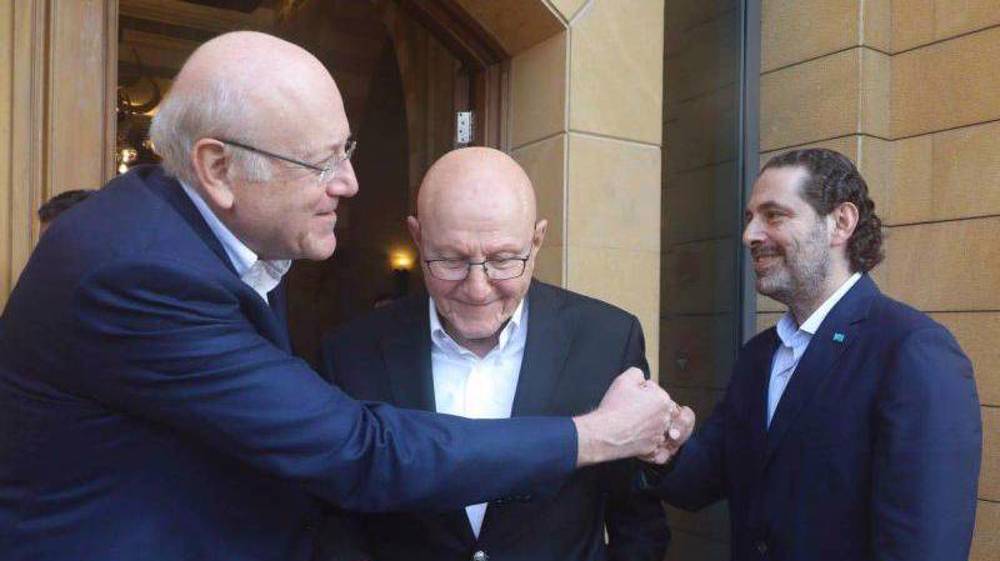
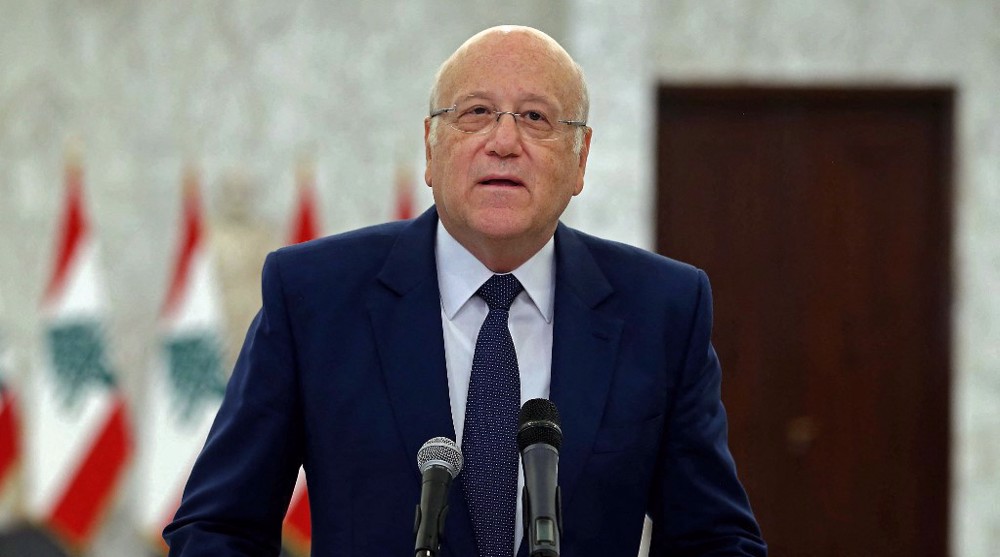

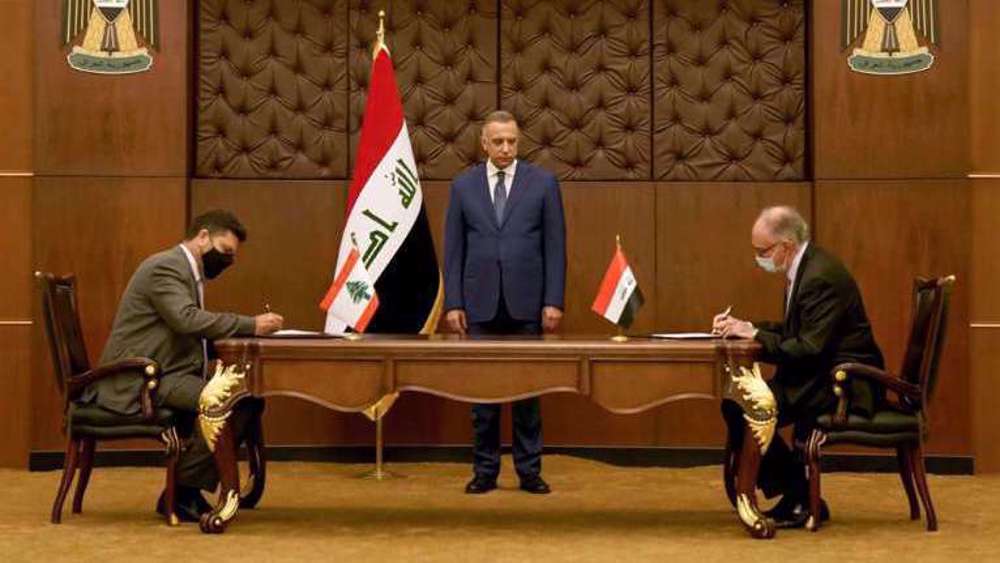
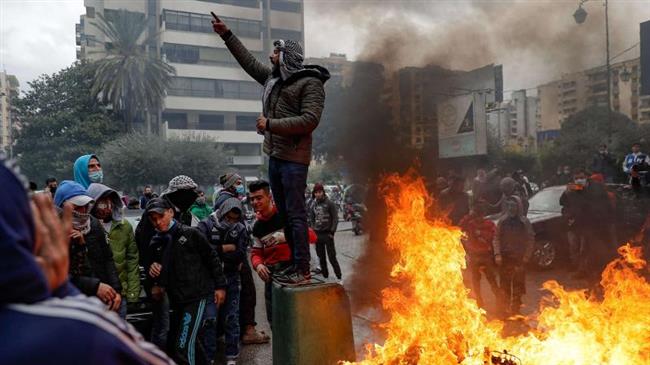
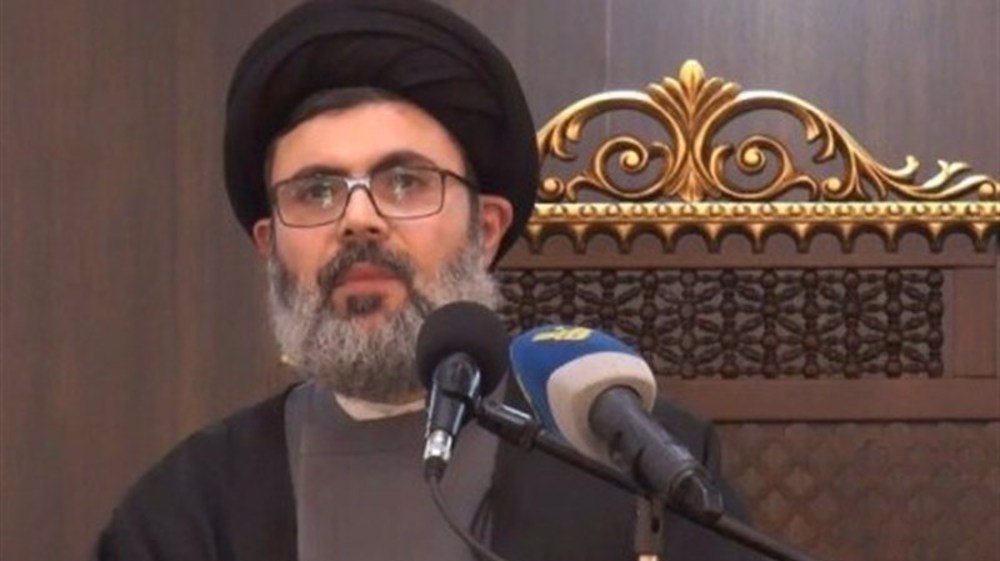
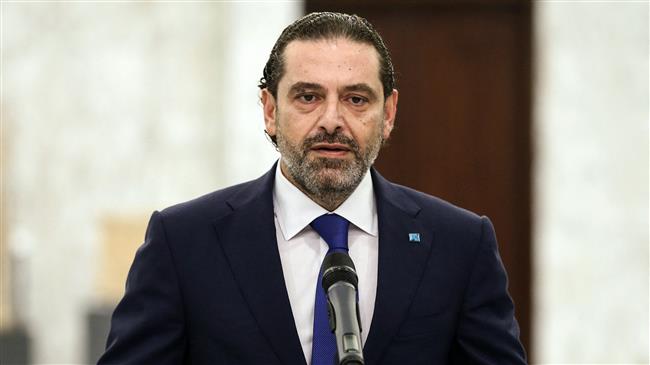

 This makes it easy to access the Press TV website
This makes it easy to access the Press TV website